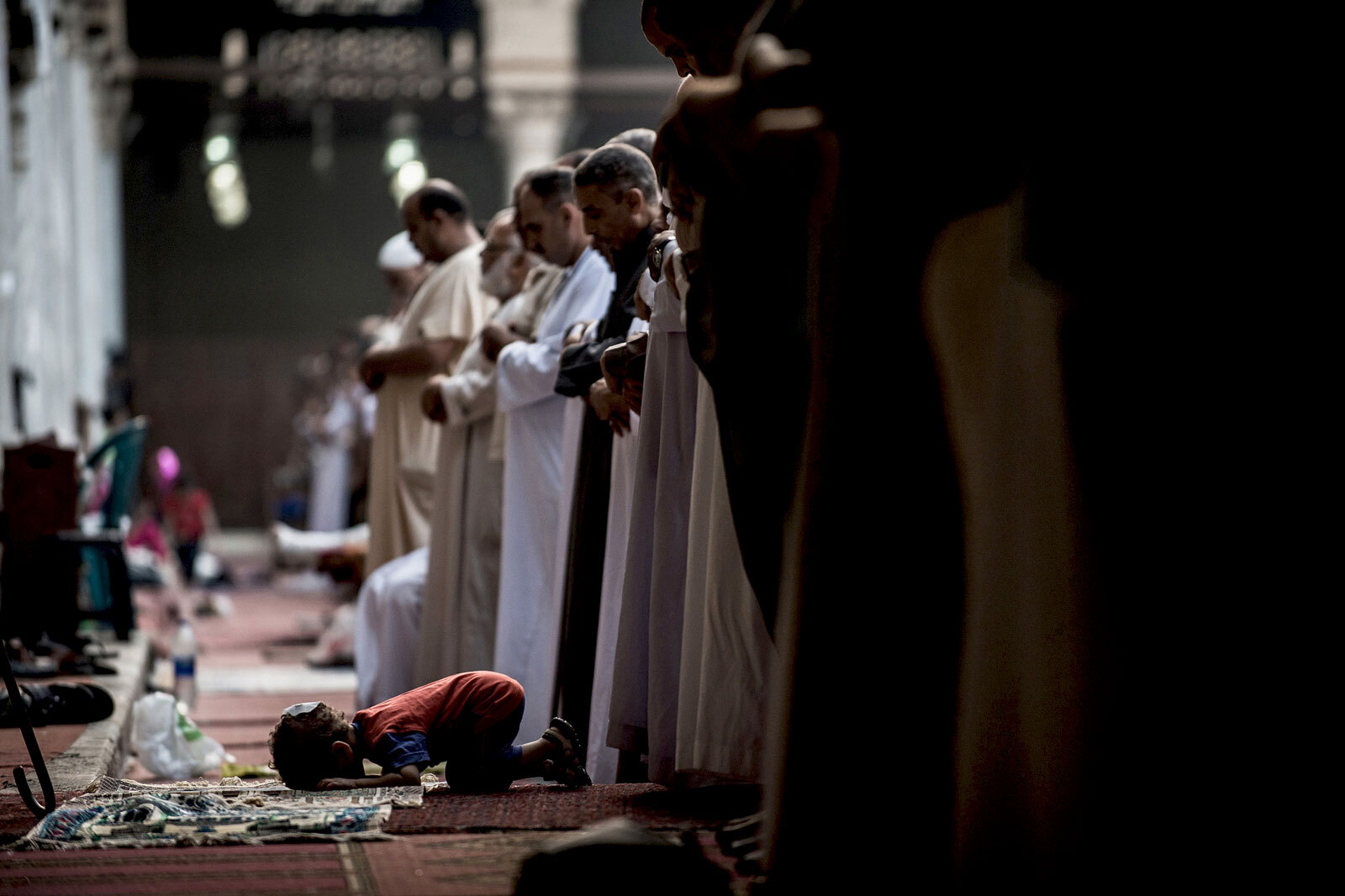
Islam is one of the world's major religions, with over a billion followers globally. It began in the 7th century in Mecca, now part of Saudi Arabia. Muslims believe in one God, Allah, and follow the teachings of the Prophet Muhammad, who is considered the last prophet in a line that includes figures like Moses and Jesus. The holy book of Islam is the Quran, which Muslims believe to be the literal word of God as revealed to Muhammad. Five Pillars of Islam guide a Muslim's faith and practices: Shahada (faith), Salah (prayer), Zakat (charity), Sawm (fasting during Ramadan), and Hajj (pilgrimage to Mecca). Islam emphasizes community, charity, and compassion. Understanding these facts can help foster a deeper appreciation of this rich and diverse faith.
Origins of Islam
Islam, one of the world's major religions, has a rich history and deep cultural roots. Here are some fascinating facts about its origins.
- Islam began in the 7th century in Mecca, now in Saudi Arabia.
- Prophet Muhammad is considered the last prophet in Islam.
- The Quran, Islam's holy book, was revealed to Muhammad over 23 years.
- Mecca is the birthplace of Muhammad and the site of the Kaaba, Islam's holiest shrine.
- Hijra marks Muhammad's migration from Mecca to Medina, starting the Islamic calendar.
Core Beliefs
Islam's core beliefs shape the lives of its followers. These principles are central to understanding the faith.
- Monotheism: Muslims believe in one God, Allah.
- Five Pillars: These are the framework of a Muslim's life, including faith, prayer, charity, fasting, and pilgrimage.
- Shahada: The declaration of faith, stating "There is no god but Allah, and Muhammad is his prophet."
- Salat: Muslims pray five times a day facing Mecca.
- Zakat: Charity is a duty, with Muslims giving a portion of their wealth to those in need.
Practices and Rituals
Islamic practices and rituals are integral to the daily lives of Muslims. These traditions foster a sense of community and spirituality.
- Ramadan: A month of fasting from dawn to sunset.
- Hajj: Pilgrimage to Mecca, required once in a lifetime if financially and physically possible.
- Eid al-Fitr: Celebrated at the end of Ramadan with feasts and giving of gifts.
- Eid al-Adha: Commemorates the willingness of Ibrahim to sacrifice his son for Allah.
- Halal: Dietary laws that include permissible foods and methods of preparation.
Cultural Impact
Islam has significantly influenced various cultures around the world. Its impact is seen in art, architecture, and daily life.
- Calligraphy: Islamic art often features intricate calligraphy, especially verses from the Quran.
- Mosques: These places of worship are architectural marvels, often featuring domes and minarets.
- Arabic Language: The Quran is written in Arabic, making it a unifying language for Muslims.
- Islamic Golden Age: A period of cultural, economic, and scientific flourishing in the Islamic world.
- Sufism: A mystical branch of Islam focusing on the inward search for God.
Modern-Day Islam
Islam continues to evolve and adapt in the modern world. Here are some facts about contemporary Islam.
- 1.8 Billion Followers: Islam is the second-largest religion in the world.
- Diverse Communities: Muslims live in every part of the world, with significant populations in Asia, Africa, and Europe.
- Hijab: Many Muslim women wear the hijab as a sign of modesty and faith.
- Islamic Finance: A banking system that complies with Sharia law, prohibiting interest.
- Interfaith Dialogue: Efforts are ongoing to promote understanding and cooperation between Muslims and people of other faiths.
Misconceptions and Clarifications
There are many misconceptions about Islam. Here are some facts to clarify common misunderstandings.
- Jihad: Often misunderstood, it primarily means striving for a good cause, not holy war.
- Women’s Rights: Islam grants women rights to education, work, and property.
- Peace: Islam is a religion of peace, with the word "Islam" itself derived from "Salaam," meaning peace.
- Diversity: Islam embraces diversity, with followers from various ethnic and cultural backgrounds.
- Tolerance: The Quran advocates for tolerance and respect towards people of all faiths.
Final Thoughts on Islam
Islam, with its rich history and diverse practices, offers a fascinating glimpse into a major world religion. From the Five Pillars to the significance of Ramadan, these facts highlight the depth and complexity of Islamic beliefs. Understanding the role of the Quran, the importance of Mecca, and the contributions of Islamic scholars can broaden our perspective on this faith. Whether it's the architectural marvels like the Alhambra or the cultural practices such as Halal dietary laws, Islam's influence is vast and varied. By learning about these aspects, we gain a better appreciation for the traditions and values that shape the lives of millions. This knowledge fosters respect and empathy, bridging gaps between different cultures and beliefs. So, next time you hear about Islam, you'll have a deeper understanding of its significance and the rich tapestry it weaves in the world.
Was this page helpful?
Our commitment to delivering trustworthy and engaging content is at the heart of what we do. Each fact on our site is contributed by real users like you, bringing a wealth of diverse insights and information. To ensure the highest standards of accuracy and reliability, our dedicated editors meticulously review each submission. This process guarantees that the facts we share are not only fascinating but also credible. Trust in our commitment to quality and authenticity as you explore and learn with us.


